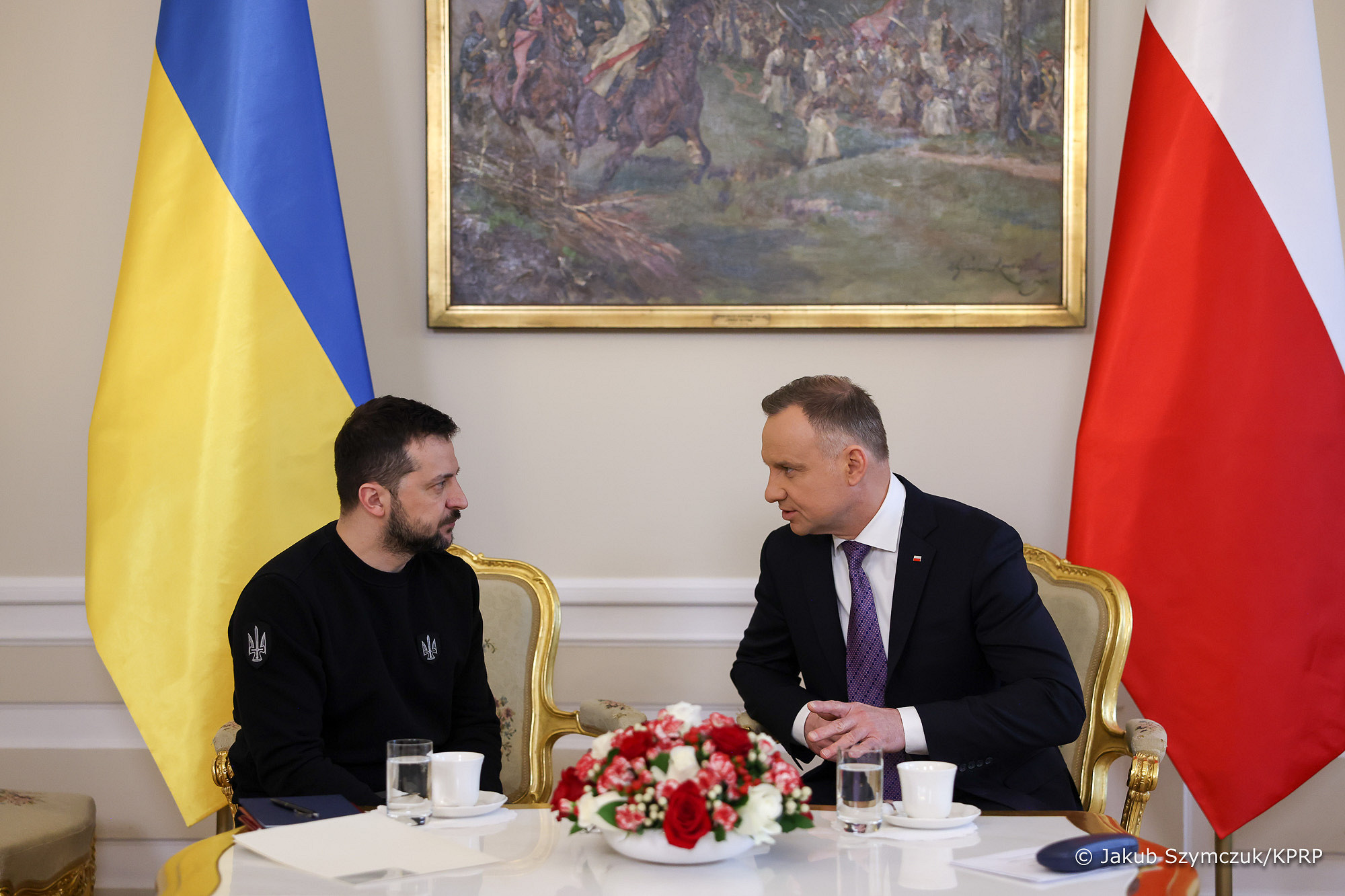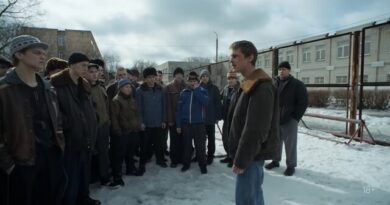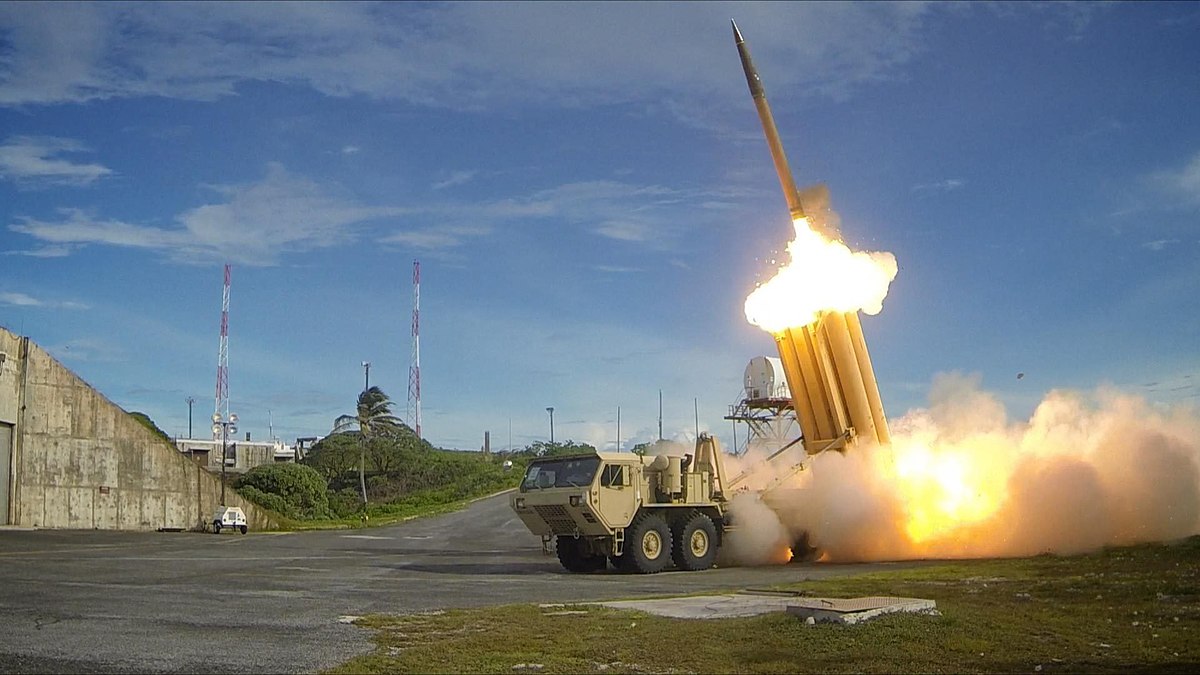The costs of Poland’s policy of love

This attitude was symbolized when the Polish head of state, President Andrzej Duda, announced at the NATO summit in Vilnius that Poland has no interests of its own, but intends only to play the role of an advocate for the Ukrainians.
Paweł Lisicki
Children’s emotions are characteristically fickle and exaggerated. It is hard for me not to observe exactly the same in the attitudes of Polish politicians, or at least the majority of them, toward Kyiv. It is no real surprise that many of them are having problems coming to terms with events that the poor things were not able to anticipate. This is because they believed so strongly in their own propaganda and attached themselves to their neighbor with such great love following its invasion by Russia. Consequently, they don’t know what to do when they hear the media say that President Volodymyr Zelensky is apparently fed up cooperating with PiS and is putting his money on the opposition. They don’t know how to explain the ever more barbed accusations from Kyiv that Poland is manipulating, betraying, engaging in populism, and the like. How to respond to the Ukrainian prime minister’s words comparing Poland’s actions over grain imports from Ukraine to the behavior of Russia?
Let us recall that since the start of the Russian invasion, Poland has taken a clear and radical position. First, as government politicians have repeated on many occasions, assistance for Ukraine was to be unconditional. No negotiations, no transactions. No attempts to gain benefits for Poland.
Secondly, Poland has acted as Kyiv’s chief spokesperson on the world stage. Poland was the most vocal proponent of accepting Ukraine into NATO and enabling it to join the European Union as quickly as possible. This attitude was symbolized when the Polish head of state, President Andrzej Duda, announced at the NATO summit in Vilnius that Poland has no interests of its own, but intends only to play the role of an advocate for the Ukrainians.
Thirdly, Polish politicians, led by the prime minister himself, announced that there exists a strong and direct dependence between Polish sovereignty and the sovereignty of Ukraine. In June 2022, at a meeting with Polish ambassadors, prime minister Mateusz Morawiecki said that “the sovereignty of Ukraine is a condition for the sovereignty of Poland.” Such declarations were unprecedented. Any weakening of Ukraine’s sovereignty would be a weakening of Poland’s sovereignty.
Fourth, Poland was the first and leading proponent of the imposition of successive sanctions packages on the Russian aggressor – Warsaw was always in the front row, sounding the loudest criticism of all those who were not unambiguously ready enough to punish Russia. The Polish government rejected others’ arguments, always adopting the role of Cato. It not only condemned the vacillations of other countries, but declined to present an analysis of the costs of such a policy, or to inform the public what the negative consequences might be for the Polish economy. It did not do this because only one thing mattered: the weakening of Russia. From this point of view, any attempt to raise reasonable doubts was tantamount to treachery.
And fifth, from the very start Poland gave Ukraine huge financial, military and humanitarian aid, to a degree not offered by any other country of comparable size and resources – this concerns in particular the social privileges that the PiS government so generously bestowed on Ukrainians.
Sixth, almost all Polish media – in this case both pro-government and pro-opposition – uncritically replicated the military propaganda that said that the Ukrainian forces were enjoying spectacular successes, the Russian army was falling apart, and dealing the death blow to Moscow would be a piece of cake. Following this line, Polish politicians boasted of the military assistance they were giving to Kyiv. By handing over such a large amount of equipment, was Poland not weakening its own position in case of a widening of the conflict? Did the ostentatious way the weapons were supplied not lead to an increased risk of revenge from Moscow?
Seventh, in accordance with this policy of complete and unconditional love toward Kyiv, the Polish government ignored for a long time the demands for proper commemoration of the Polish victims of the genocide in Volhynia, as well as underplaying the increasingly dangerous tendency for the Ukrainian perpetrators to be worshiped as heroes.
Eighth, some Polish politicians and journalists saw the Russian aggression as an opportunity to build up Poland’s own strength. According to that vision, Washington would abandon Germany and prefer ties with the new Polish power. It is hardly surprising that many even began to fantasize about a Polish–Ukrainian confederation, some peculiar kind of state-like hybrid. All in complete seriousness!
It is no surprise, then, that Kyiv’s present change of attitude and visible turn toward Berlin must come as a shock to many. Some will respond to the unfavorable news with aggression and rage, while others make a quiet change of front, hoping that their previous analyses and expert assessments will be forgotten. If it is true that President Zelensky is placing his hopes on a victory for the anti-PiS opposition, what will the government propagandists do? This is truly a challenge of Hamlet-like proportions. For Poland, however, a greater problem is the fact that the people responsible for our foreign policy simply failed to foresee such a turn of events – a potential conflict between Warsaw and Kyiv. These errors may come at an enormous cost.
This article was published in August 2023 in “Do Rzeczy” magazine.




